The US government has temporarily halted student visa appointments worldwide as part of a broader effort to enhance social media vetting for international students. According to a memo from Secretary of State Marco Rubio, US embassies have been instructed to stop scheduling new appointments for student and exchange visitor visas until further notice. Existing appointments, however, will proceed as planned. This move aims to bolster vetting processes, requiring all student visa applicants to undergo social media screening, which could have significant implications for embassies and consulates.
The decision to expand social media vetting has raised concerns among educational institutions and potential foreign students. Many American universities rely heavily on international students’ tuition to sustain their programs, and this policy shift may impact their operations. While the exact implications of this move are yet to be seen, it’s clear that the Trump administration is tightening its scrutiny of student visa applicants. China has responded to the move, calling on the US to protect international students.
📌 Read More
The Implication on Students on Students and Universities
Student Visa Process: The US State Department has paused scheduling new student visa interviews amid plans to increase scrutiny of applicants’ social media activity.
Social Media Vetting: The administration plans to broaden the scope of social media checks for visa applicants, but the specific criteria remain unclear.
Impact on Universities: Many American universities rely heavily on international students’ tuition fees, which could be affected by the new vetting process.
International Students: Hundreds of thousands of Chinese students attend US universities, and China has urged the US to safeguard the legitimate rights and interests of international students.
State Department Response: State Department spokesperson Tammy Bruce emphasized that the vetting process will continue to be taken seriously.
This move is part of a broader effort by the Trump administration to enhance vetting processes, which has raised concerns among educational institutions and potential foreign students.
The Trump administration has been intensifying its crackdown on universities, particularly those with pro-Palestinian activism, accusing them of allowing antisemitism to flourish. As part of this effort, they’ve enhanced vetting of student social media, considering “antisemitic activity” grounds for denying immigration benefits. This move has sparked controversy, with universities arguing that it infringes on free speech and critics claiming it violates the First Amendment.
The administration’s actions have been far-reaching, with significant implications for universities and students. Some key measures include;
Funding Cuts: The administration has frozen hundreds of millions of dollars in federal grants from universities like Harvard, which received a $2.65 billion funding freeze. Harvard’s president has stated that these cuts will not only harm the university but also the country, as they impact high-priority research.
Visa Revocations: The administration has revoked thousands of student visas and deported students with ties to pro-Palestinian activism. This has created uncertainty and fear among international students, many of whom are now reconsidering their plans to study in the US.
International Student Restrictions: The administration has also revoked Harvard’s ability to enroll international students, although a federal judge blocked this policy. If implemented, this measure would have delivered a devastating blow to the university, where over a quarter of students are from overseas.
The impact of these measures is significant, with universities and students facing substantial challenges. Some of the key concerns include.
Loss of Revenue: International students contribute tens of billions of dollars to the US economy, and reducing their enrollment could weaken American universities globally.
Global Competitiveness: The US risks losing its global leadership in higher education, with universities worldwide offering refuge to students impacted by the crackdown.
Student Protests: Students at Harvard and other universities have protested against the administration’s moves, citing concerns over free speech and academic freedom.
📰 Similar Posts
The controversy surrounding the administration’s actions has sparked a heated debate, with many questioning the motivations behind these measures. While the administration claims it is working to defend free speech, critics argue that these actions are a clear infringement on academic freedom and the rights of students to express their views.

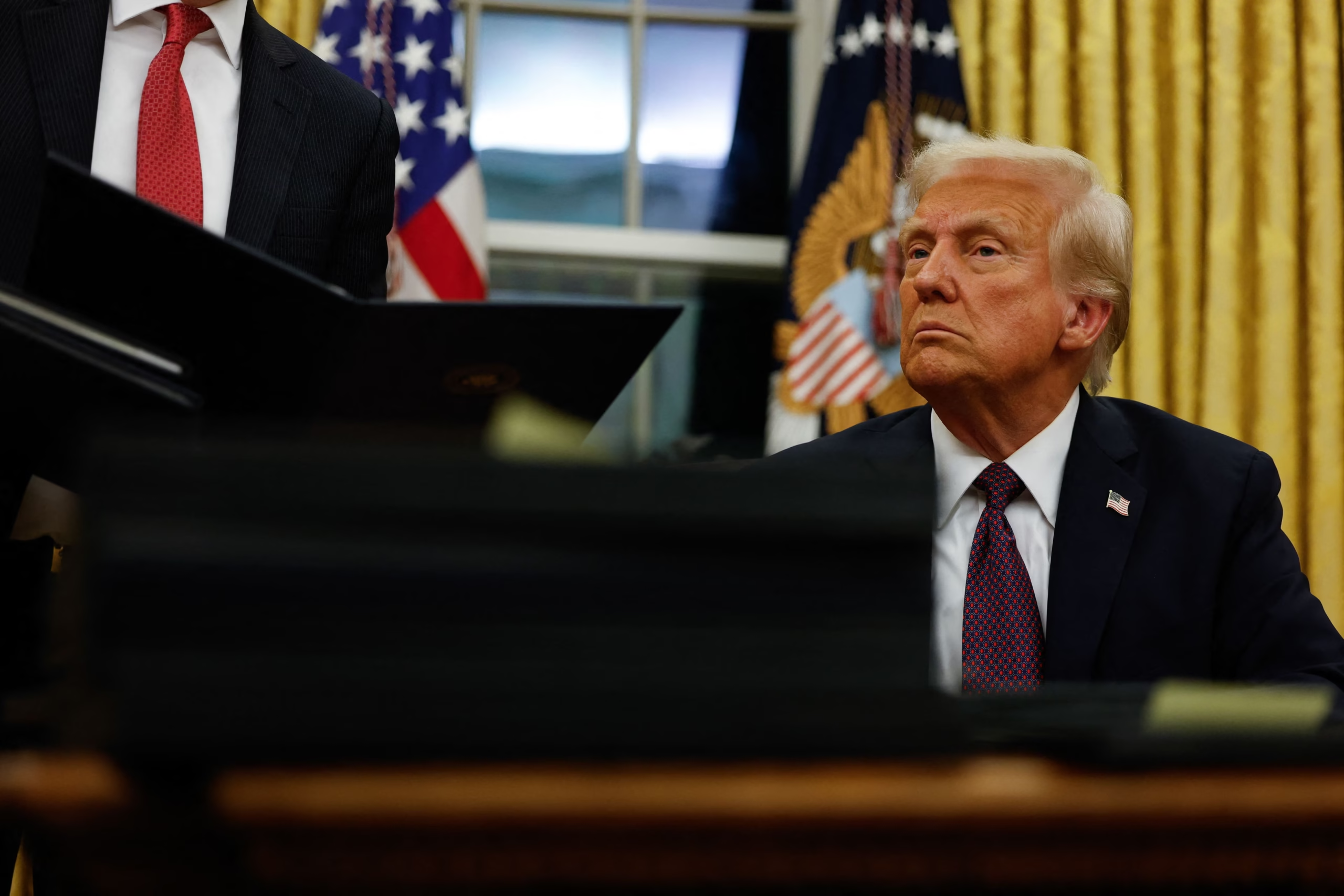




















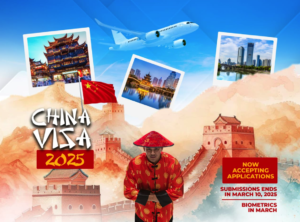




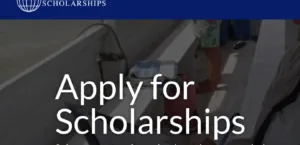
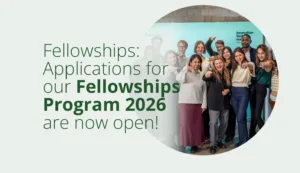


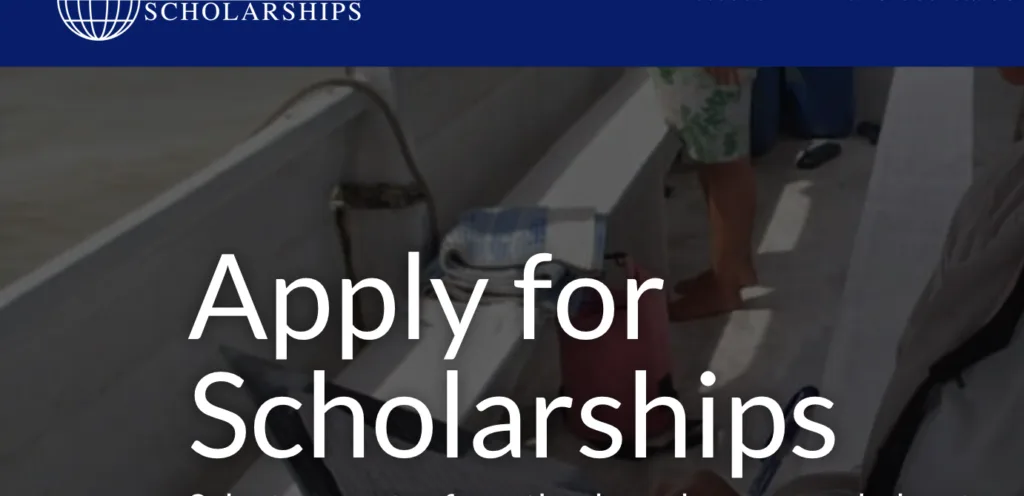



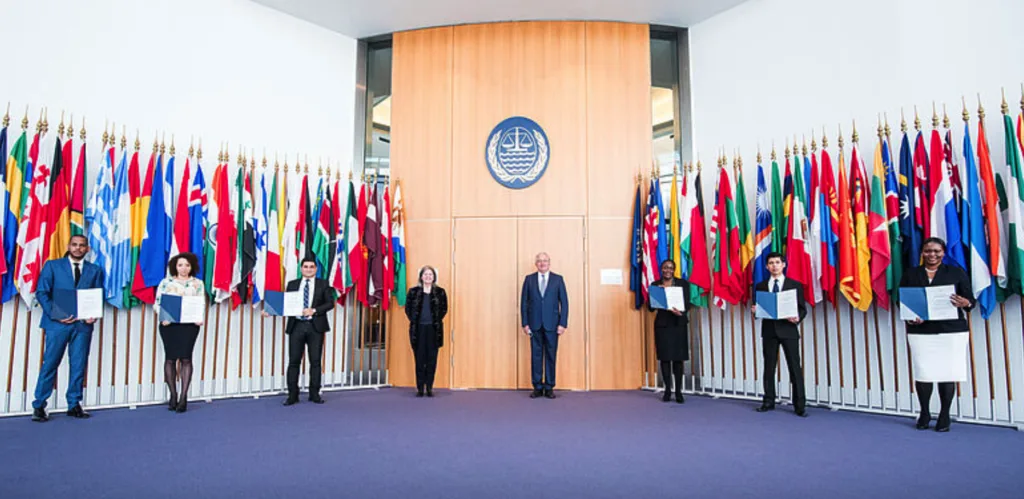
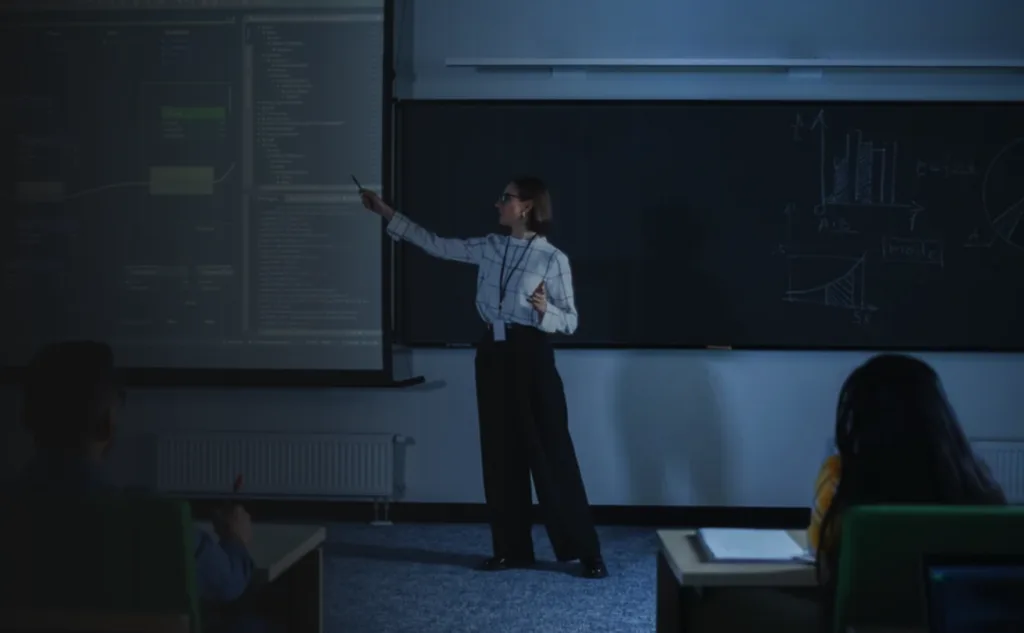
No responses yet